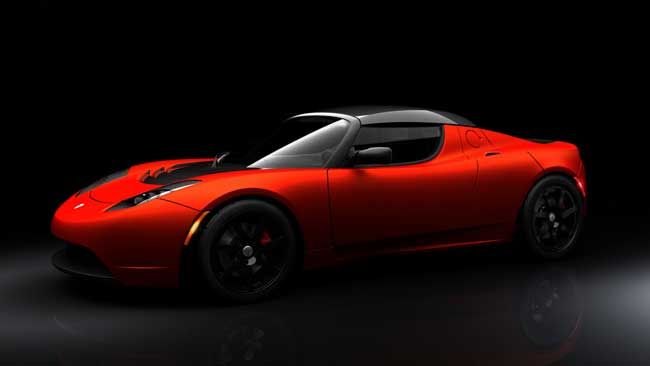Electric Car Therapy Could Cut U.S. Oil Addiction

Electric car drivers, start your motors. Replacing 30 percent of all U.S. vehicles with electric versions would provide the single best way to cut U.S. reliance on foreign oil and slash emissions, according to a new study.
The move to electric vehicles would cut U.S. oil use by 2.5 million barrels a day, on top of the 3 million barrels-per-day savings expected from new fuel efficiency standards. Emissions would also fall by 7 percent, as opposed to just 4 percent under a proposed national renewable portfolio standard that requires more energy production from sources such as wind and solar.
Of course, current electric vehicles can't be driven as far as their gas-fueled counterparts before requiring a recharge. But there's a wide range of electric cars hitting the streets that will give any would-be owner some choice about their cleaner rides.
The results came from a Rice University policy paper presented at a Sept. 27-28 conference titled "Energy Market Consequences of an Emerging U.S. Carbon Management Policy." Researchers aimed to "clarify and debunk common myths that currently plague the U.S. energy- and climate-policy debate."
For instance, a carbon tax of about $30 per ton could actually increase U.S. dependence on foreign suppliers of liquefied natural gas (LNG).
The researchers put heavy emphasis on huge U.S. reserves of shale gas found in rock layer deposits ranging from Utah and Texas to New York and Pennsylvania.
A business-as-usual approach could allow the U.S. to develop such shale gas resources and avoid importing LNG for decades, as well as lower U.S. demand for coal.
Sign up for the Live Science daily newsletter now
Get the world’s most fascinating discoveries delivered straight to your inbox.
• 'Flying Car' Concept from Terrafugia Gets a Design Tweak • Zap: 10 All-Electric Vehicles Gearing Up to Hit the Streets • Coolest Vehicles You'll Never Get to Ride












